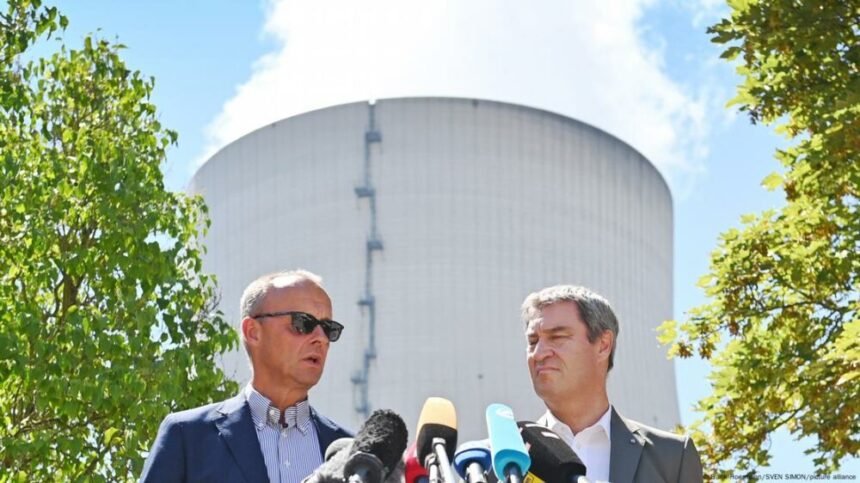Rafael Grossi, Director General of the International Atomic Energy Agency (IAEA), has remarked that a return to nuclear energy for Germany would be “rational” and unsurprising, given the nation’s unique status as the only country to have entirely phased out its nuclear power plants. Germany officially exited nuclear energy in 2023.
In an interview with the German news agency DPA at the United Nations Climate Change Conference COP29 in Baku, Azerbaijan, Grossi stated, “I think it is logical. It’s a rational position.” He highlighted the global contrast, noting, “You have to ask yourself: Why does the rest of the world view it differently? I respect German policy, but it is a very complex phase they are navigating.”
Grossi also pointed out the climate benefits of nuclear energy, emphasizing its minimal greenhouse gas emissions. “This is why countries with nuclear energy want more of it, and nations that don’t have it are looking to adopt it,” he added.
Renewed Debate on Nuclear Power in Germany
The IAEA chief acknowledged the renewed discussions in Germany about revisiting nuclear energy, although he cautioned that a rigorous assessment would be required before reactivating any decommissioned plants. The conservative CDU party recently criticized the center-left government for finalizing the nuclear exit in 2022 and 2023, arguing it was a missed opportunity for energy stability.
A 2024 study published in the International Journal of Sustainable Energy claimed that Germany could have saved hundreds of billions of euros and cut carbon emissions by up to 70% had it continued utilizing nuclear power instead of abandoning it.
Why Did Germany Abandon Nuclear Energy?
Germany’s anti-nuclear movement dates back to 1969, driven by environmental concerns over potential catastrophic accidents. Major disasters, such as Chernobyl in 1986 and Fukushima in 2011, intensified the public outcry. In response to widespread opposition after the 2011 Japanese crisis, former Chancellor Angela Merkel initiated the complete shutdown of nuclear facilities. At that time, nuclear power accounted for 13.3% of the country’s energy supply.






